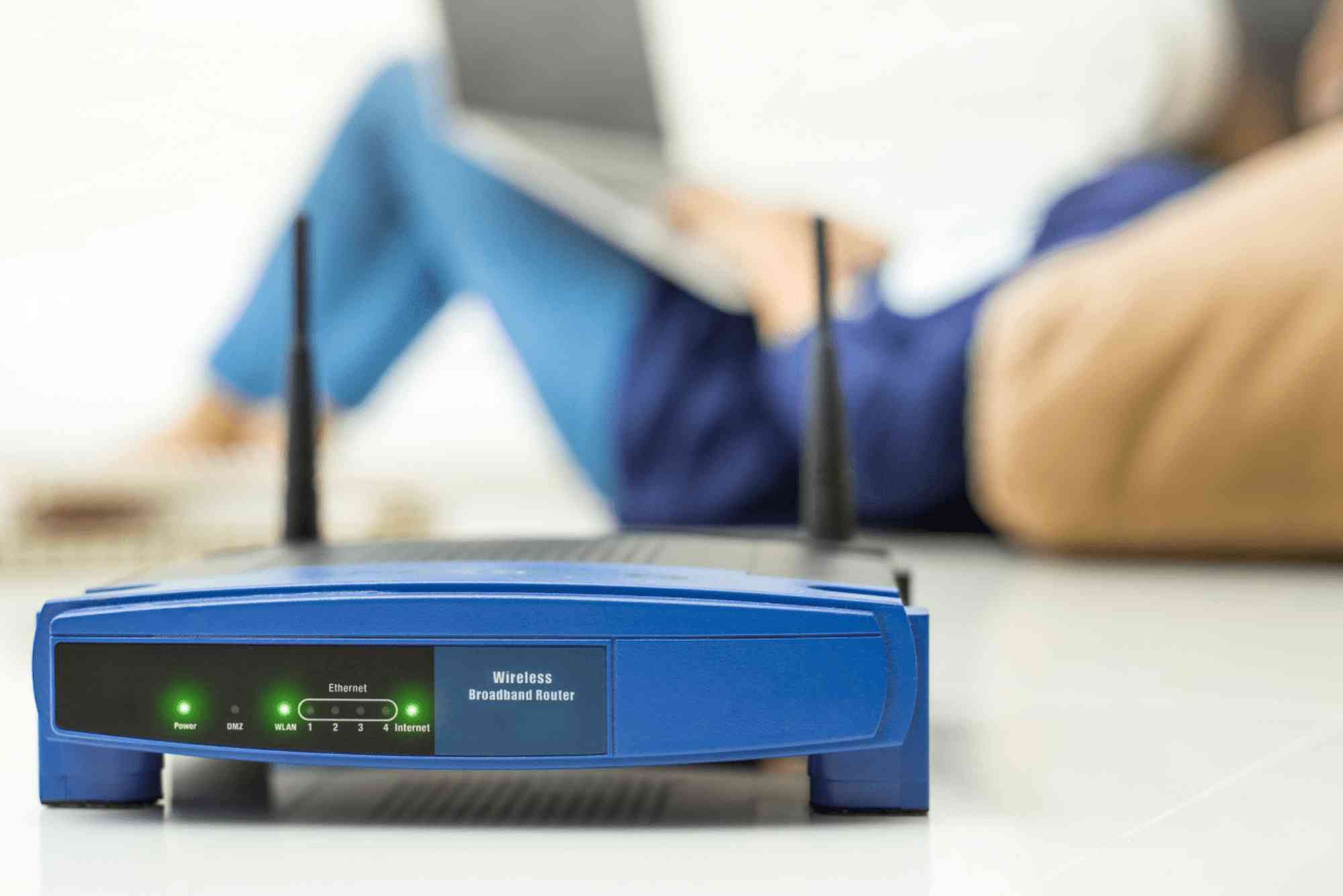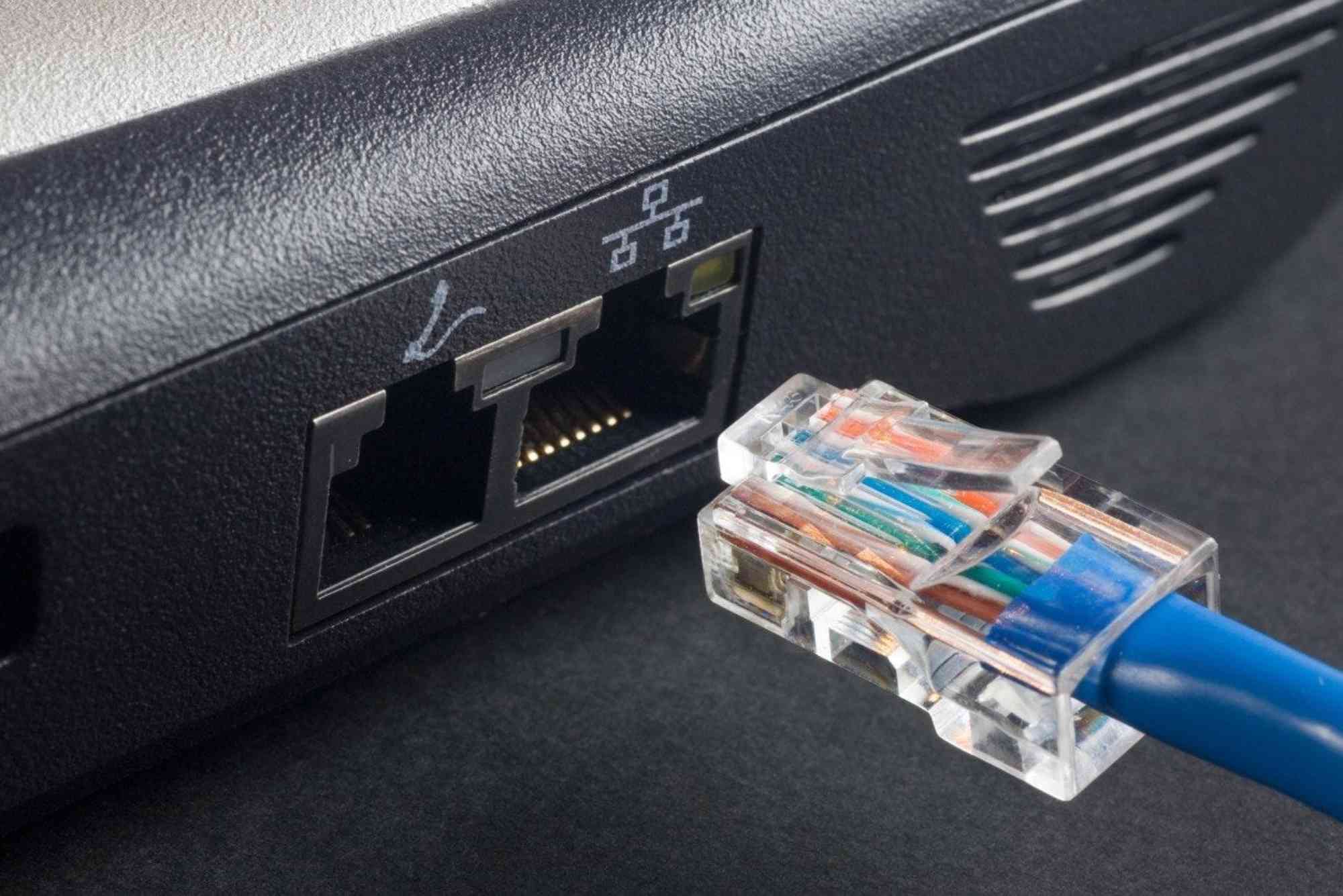Wi-Fi Range Extender vs Powerline Adapter: Pros and Cons
Choosing between a Wi-Fi range extender and a powerline adapter can feel overwhelming if you are struggling with weak internet signals at home. Both devices aim to solve the same problem—poor Wi-Fi coverage—but they work in very different ways. Understanding their strengths and weaknesses will help you make the right choice for your home network. In this guide, we will break down the pros and cons of Wi-Fi range extender vs powerline adapter and explain which one is best depending on your situation.
What Is a Wi-Fi Range Extender?
A Wi-Fi range extender, also called a Wi-Fi repeater or booster, is a device that captures the signal from your router and rebroadcasts it to extend coverage. It is often used in large homes or places where walls or distance block the signal from reaching certain rooms.
How a Wi-Fi Range Extender Works
The extender picks up the existing Wi-Fi signal from your router, amplifies it, and then transmits it again. This creates a wider coverage area but still depends on the strength of the original signal.
Advantages of Wi-Fi Range Extenders
One of the biggest advantages of using a Wi-Fi range extender is simplicity. These devices are easy to set up and often just require plugging into a wall socket and syncing with your router. They are also affordable and widely available. Extenders are ideal for filling small dead zones in your home, such as a corner room or upstairs bedroom.
Disadvantages of Wi-Fi Range Extenders
While extenders are helpful, they do have limitations. Because they rely on capturing and retransmitting your Wi-Fi signal, the speed often drops compared to your main router. Devices connected to an extender may experience slower performance, particularly if you use it for streaming or gaming. Extenders can also create separate networks, which means you may have to manually switch connections as you move around your home.
What Is a Powerline Adapter?
A powerline adapter is a device that uses your home’s electrical wiring to carry internet data. It comes in pairs: one unit connects to your router via Ethernet, and the other plugs into a socket in another room, delivering internet through a wired or wireless connection.
How a Powerline Adapter Works
When you connect the first adapter to your router, it sends internet signals through your home’s electrical circuits. The second adapter receives the signal and delivers it via Ethernet or Wi-Fi, essentially turning any power socket into a data port.
Advantages of Powerline Adapters
The main strength of a powerline adapter is stability. Unlike extenders that rely on wireless signals, powerline adapters deliver internet through wired connections, resulting in lower latency and better speeds. This makes them ideal for gaming, video conferencing, and streaming in high definition. Powerline adapters also reduce interference from walls and furniture, giving a stronger and more consistent connection.
Disadvantages of Powerline Adapters
The performance of powerline adapters depends heavily on the quality of your home’s electrical wiring. Older or faulty wiring can cause slow speeds and frequent disconnections. They can also be more expensive than Wi-Fi extenders, and some models require technical setup compared to the plug-and-play nature of extenders.
Wi-Fi Range Extender vs Powerline Adapter: Which Is Better?
The decision between Wi-Fi range extender vs powerline adapter depends on your needs, budget, and home environment.
If your main issue is extending coverage to a dead spot that isn’t too far from your router, a Wi-Fi extender may be sufficient. It’s cost-effective, easy to set up, and works well for casual browsing.
On the other hand, if you need a more reliable and faster connection for gaming, remote work, or streaming, a powerline adapter is the better choice. It delivers wired-like speeds without the hassle of running long Ethernet cables.
Factors to Consider Before Choosing
Home Size and Layout
Large homes with multiple floors often benefit more from powerline adapters because they bypass walls and distance issues. Smaller apartments or single-floor homes may find extenders adequate.
Internet Usage
For basic web browsing and social media, extenders work fine. However, for high-bandwidth activities like online gaming or 4K streaming, a powerline adapter is usually the superior choice.
Budget
Extenders are cheaper and widely available, making them attractive for budget-conscious users. Powerline adapters cost more but deliver long-term stability and better performance.
Electrical Wiring Quality
Powerline adapters only work well with stable and modern electrical wiring. If your wiring is old, an extender may be a safer investment.
Expert Tips for Better Internet Coverage
To maximize results, place your Wi-Fi extender halfway between your router and the dead zone for the best signal strength. For powerline adapters, avoid plugging them into extension cords or surge protectors, as this can weaken performance.
If you still face issues even after trying both options, you may want to consider upgrading your router or investing in a mesh Wi-Fi system for full-home coverage.
For reliable connectivity, you can also check Dhanote Internet Services, which provides solutions tailored to improving internet performance for both home and office setups.
FAQs
Which is faster, Wi-Fi extender or powerline adapter?
Powerline adapters are generally faster and more stable because they use wired connections through your electrical system.
Can a powerline adapter replace Wi-Fi?
A powerline adapter doesn’t replace Wi-Fi but enhances it by providing stronger wired or wireless connections in hard-to-reach areas.
Do Wi-Fi extenders reduce speed?
Yes, Wi-Fi extenders can reduce internet speed because they rebroadcast signals, which may cut the bandwidth in half.
Are powerline adapters good for gaming?
Yes, powerline adapters are excellent for gaming due to their low latency and stable connection compared to extenders.
Do both devices work with any router?
Most Wi-Fi extenders and powerline adapters are compatible with standard routers, but checking specifications is always recommended.
When comparing Wi-Fi range extender vs powerline adapter, the right choice depends on how you use the internet and your home setup. Extenders are perfect for small fixes at a low cost, while powerline adapters deliver more stable and faster connections for demanding tasks.







